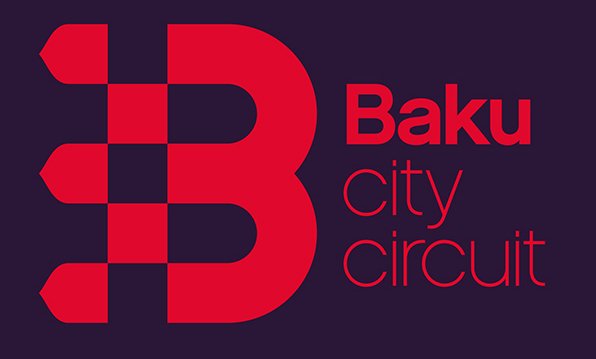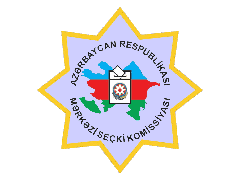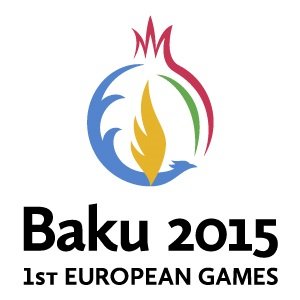This year marks the 190th anniversary of Khurshidbanu Natavan, a great poetess and the daughter of Mehdi Gulu khan, the last ruler of the Karabakh khanate.
On March 14, President Ilham Aliyev signed an order to celebrate famous poetess Khurshidbanu Natavan's 190th anniversary.
The Culture Ministry has been tasked with developing and implementing a plan of action in this regard.
The Cabinet of Ministers is in charge of all issues that arise as a result of the order.
Khurshidbanu Natavan was born on August 6, 1832, in the town of Shusha. Being the only child in the family and descending from Panah Ali Khan, she was the only heir of the Karabakh khan, known to the general public as the "daughter of the khan".
She grew popular through her relationship-themed ghazals and rubaiyat. Kindness, friendship, humanism and love were the main themes of Natavan's ghazals.
Her romantic poems express the feelings and sufferings of a woman who was not happy in her family life and who lost her son. She adopted the pen name Natavan, a Persian term meaning "powerless", after her son’s tragic death in 1885. Some of her poems are still used in folk songs.
In addition to poetry, Natavan was also engaged in painting. She was exceptionally good at pencil sketching and attractive embroidery as well. Her landscape sketches were the first-of-a-kind in European style in Azerbaijani art, which perfectly combined the concepts of the Western and Oriental art forms. Her embroidery works were regarded as masterpieces.
After her father's death, she was closely engaged in philanthropy, promoting the social and cultural development of Karabakh.
Even though she took over the Karabakh Empire at the young age of 13, Natavan successfully established her literary career and managed the responsibilities of developing her city, Shusha.
She did a lot for the welfare of people, including building waterworks, opening schools and building hospitals.
Prominent for her charity and social activity, Natavan was the first to provide her home city Shusha with drinking water.
Among her famous deeds was a water main that was first laid down in Shusha in 1883, thus solving the water problem of the townsfolk.
Moreover, she also did a lot for the development and popularization of the famous breed of Karabakh horses. Karabakh horses from Natavan's stud were known as the best in Azerbaijan. In an international show in Paris in 1867, a Karabakh horse named Khan from Natavan's stud received a silver medal.
The daughter of the khan was also active in sponsoring one of the first literary societies. She established the first literary society in Shusha and went on to sponsor several more across the country. Majlis-I Uns (Society of Friends) became a renowned poetic group in Karabakh.
In 1858 the poetess met in Baku with French writer Alexander Dumas and presented her manual works.
The French novelist is said to have been charmed by her oriental beauty, literary and artistic talent. As an honored guest at Natavan's family home, he was given a chess set after playing chess with his host.
The Alexandre Dumas Museum in Paris houses a hand-crafted pouch given by Natavan to the French writer when she defeated him in a chess game upon his halt in Shusha during his trip through the Caucasus.
Natavan died in 1897 in Shusha. As a sign of respect, people carried her coffin on their shoulders all the way from Shusha to Aghdam, some 30 km northeast, where she was buried in a family vault.



.png?v=DqKtbngFu8-eBM77oNP77E2SV2gNF4_tUk0Y9IcK12s)

















